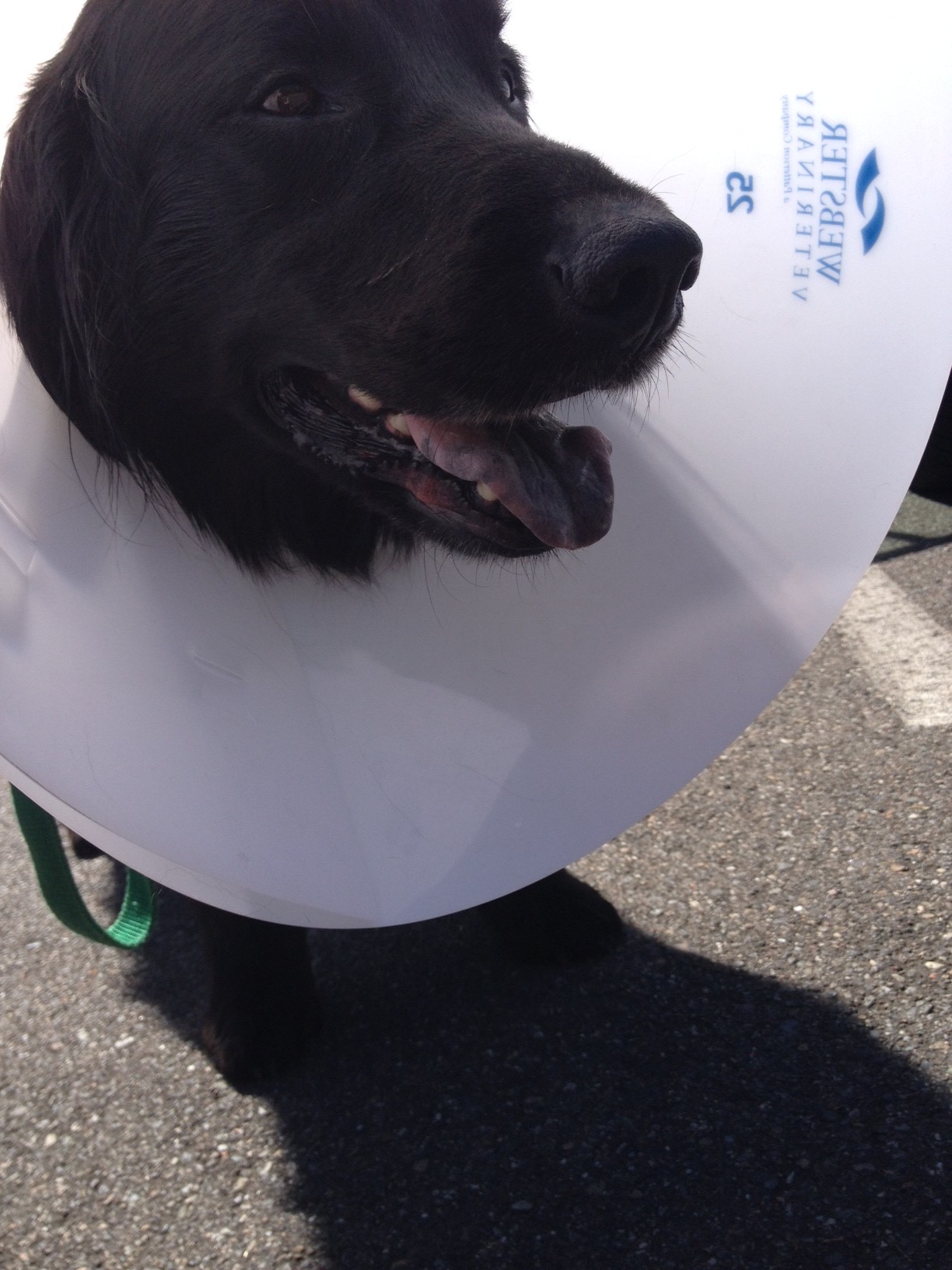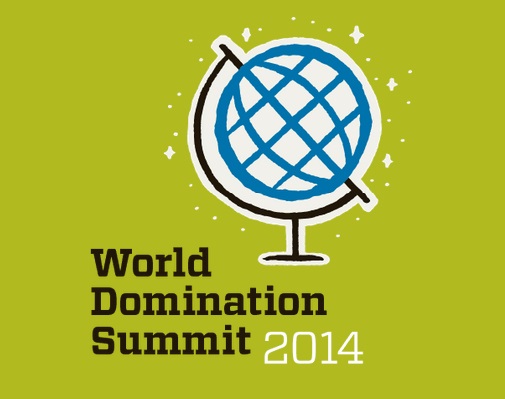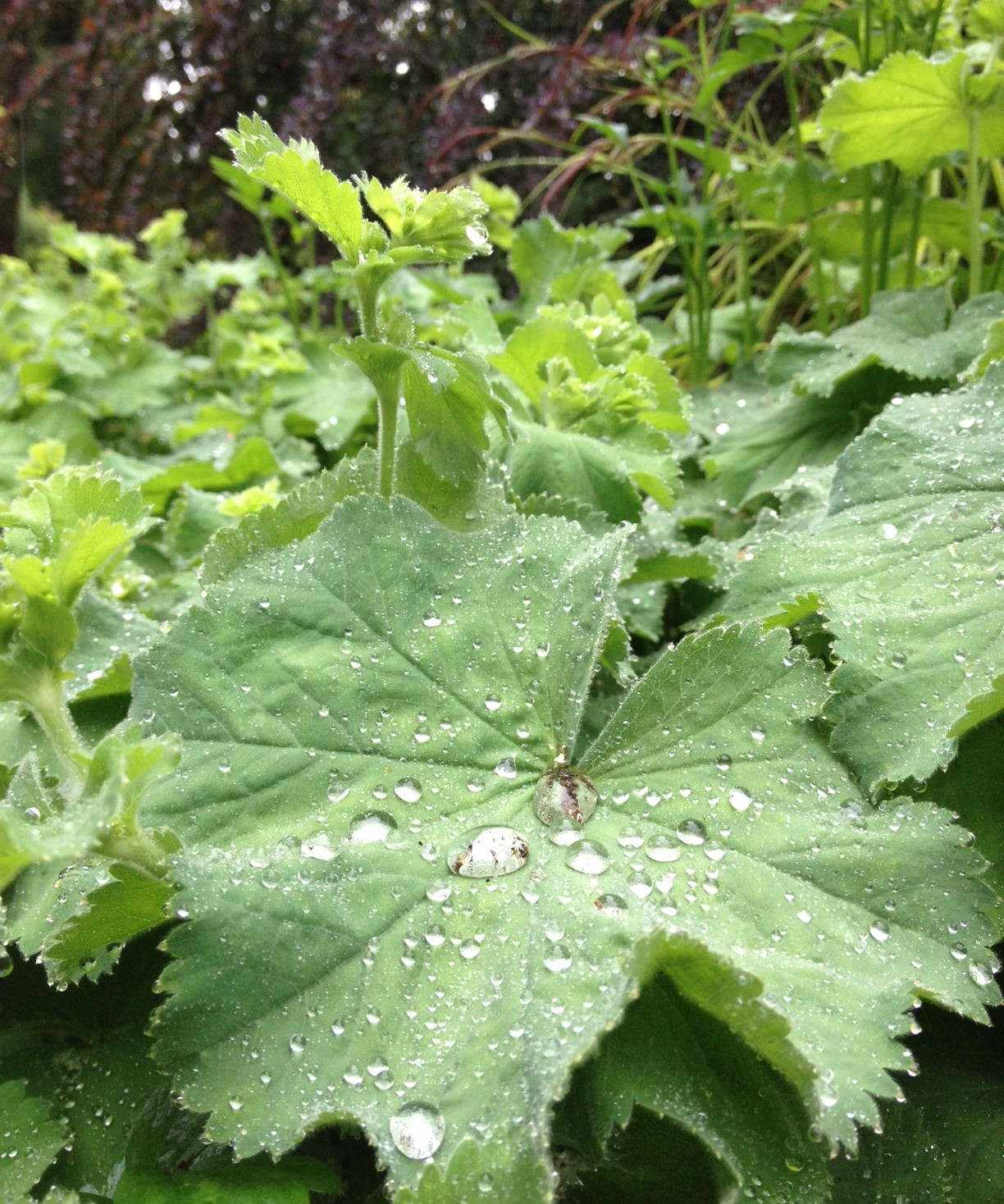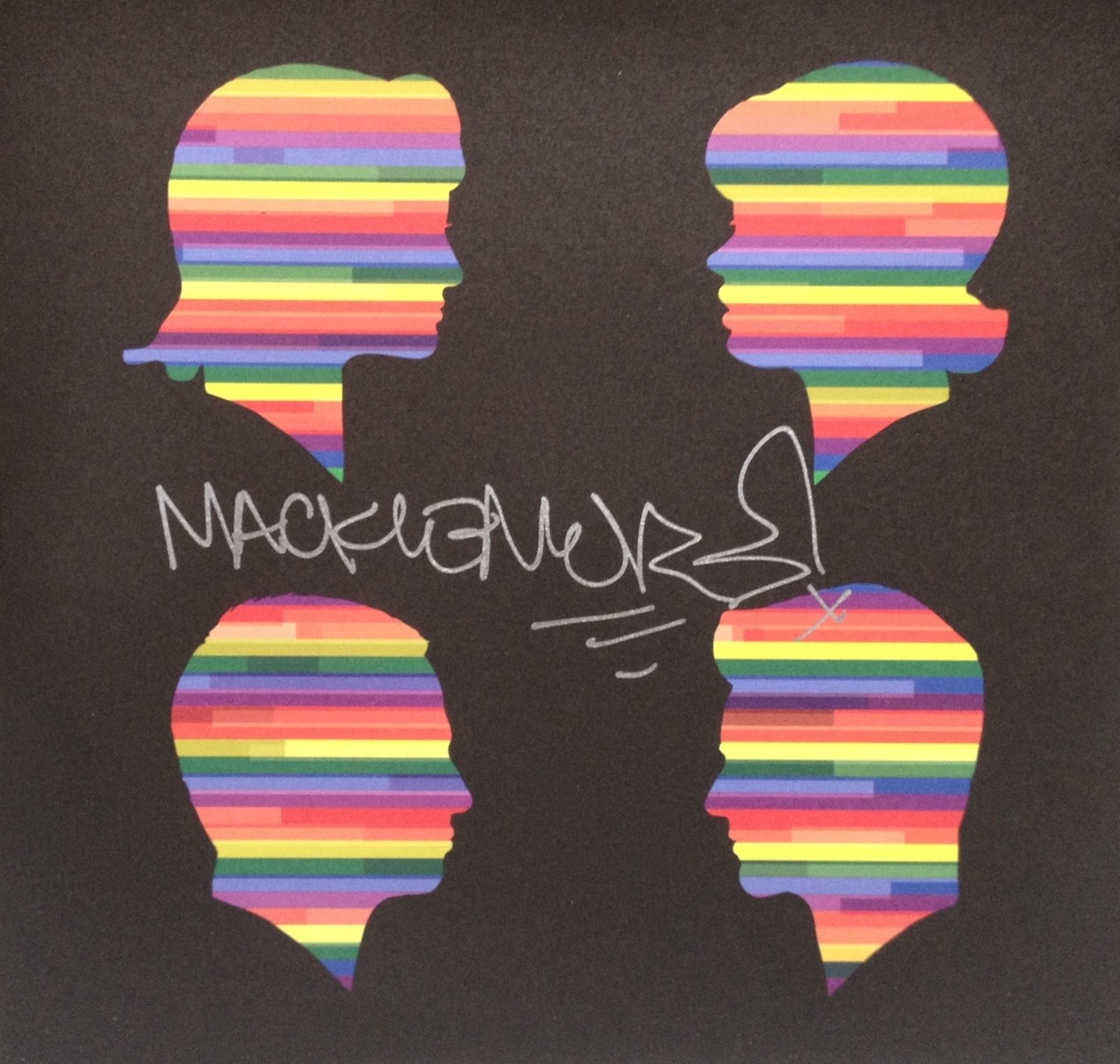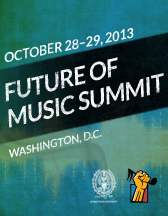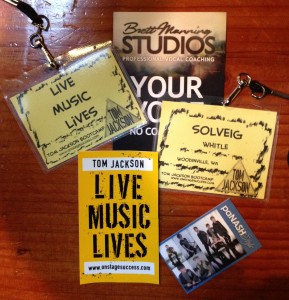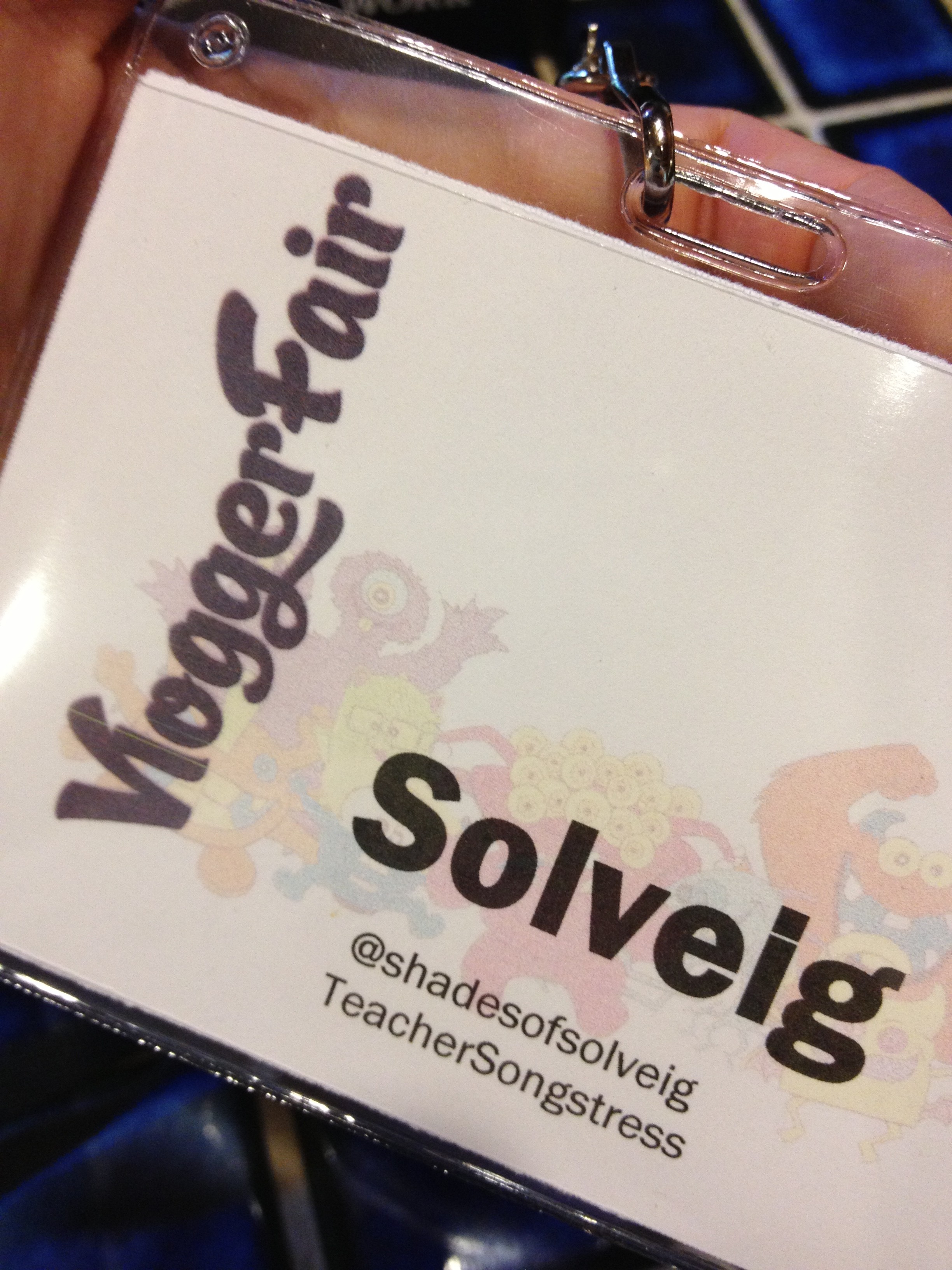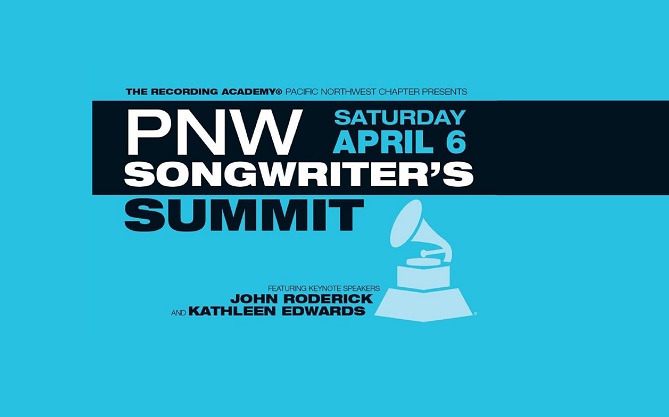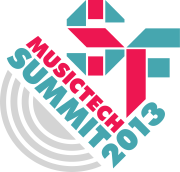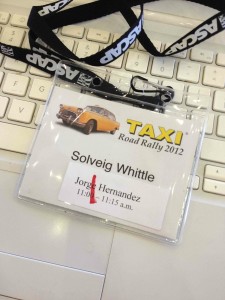In this 17 minute episode, I discuss Lauren Kinney and finding a higher theme in your music marketing, licensing a cover song for your CD when it isn’t part of the Harry Fox Songfile library, and the World Domination Summit 2014.
I am fascinated by the idea of finding a theme for your music marketing that transcends the music itself and brings meaning to your life as a whole. This could be a non-profit cause you feel strongly about, a social, political or environmental issue, or a lifestyle choice such as diet or healthy living. Finding ways to connect your music to something else you feel passionately about is a great way to attract people to your music.
LA singer-songwriter Lauren Kinney had a lovely article written about her in the New York Observer called Merging Art: Songstress Finds Her Literary Voice which talks about her new YouTube video series (correction to my calling it an album in the podcast), “Songs About Books.”
Literature is a passion of Lauren’s, and her new project made for a great unsolicited press piece (the writer found her via Instagram and tracked her down for the interview! How cool is that?) Perhaps one reason this worked is that it might not have been an intentional marketing technique on Lauren’s part – but still, worth thinking about what your larger message is as a musician, your theme as a human being.
I also talk about my experience licensing a cover song from Jimi Hendrix’ estate so I can release it on my upcoming CD, Fire and Other Playthings (due out next month). In order to release a cover song on your CD, you must get a mechanical license from the publisher of the song. Many songs are easily and quickly licensed online via the Songfile tool on the Harry Fox Agency website. The Jimi Hendrix song I want to release on my CD, however, is not available through Harry Fox, I need to get a license directly from the Hendrix estate. The only problem is that their mechanical license application clearly states that it covers only physical CDs, not digital distribution such as download (!) or streaming. So I have to ask them if they will grant those additional licenses, or decide whether to keep the song on the CD or not. [Post-podcast script – I am trying out Limelight to see if they can get me streaming and digital licenses as well as the physical CD licenses.]
On to my review of the World Domination Summit 2014 (#WDS2014), an “un-conference” I attended in Portland, OR, last weekend with the themes: Community, Adventure and Service.
[Tweet “If you have ten or more parked domain names, you are a dreamer – @jadahsellner”]
My #WDS2014 Conference Review Summary
- Love Portland – what a great city
- Very well run conference – from registration to the yogurt parfait snacks, an incredible media team
- Participatory vibe – not your typical conference
- Speakers were great – social entrepreneurs, marketing folks, creativity experts
- A good place to “find a tribe” of people like you – if you are interested in social entrepreneurship, writing your first book, or starting a business
- The WDS Foundation gives money to some of the participants to help kickstart their dream projects
[Tweet “Any business that compromises your health or relationships is not sustainable – @jadahsellner”]
Cons
- The unbounded optimism got to me a little, although Scott Berkun’s (@berkun) talk toward the end tried to focus on the practicalities of entrepreneurship
- A lot of cheerleading, not so much on implementation tools – dreams are important, but integrating the dreamer and doer parts of our personalities can often be a challenge for us artists
- I’m not sure I will go back next year, but it was worthwhile to go once
A full list of speakers is on the WDS website, but some of my favorite speakers of the weekend were A J Jacobs (@ajjacobs, The Year of Living Biblically), Jadah Sellner (@jadahsellner, 30 Day Green Smoothie Challenge website), Dee Williams (tiny house movement), Scott Berkun (@berkun, The Year Without Pants), and Shannon Galpin (@sgalpin), a last-minute stand-in speaker not listed on the webiste who had a moving and thought-provoking talk about the power of raising women’s voices around gender issues.
For a fantastic in-depth series of blog posts on some of the WDS speakers, check out Cyriel Kortleven’s website.
Please feel free to leave your thoughts in the comments below.

